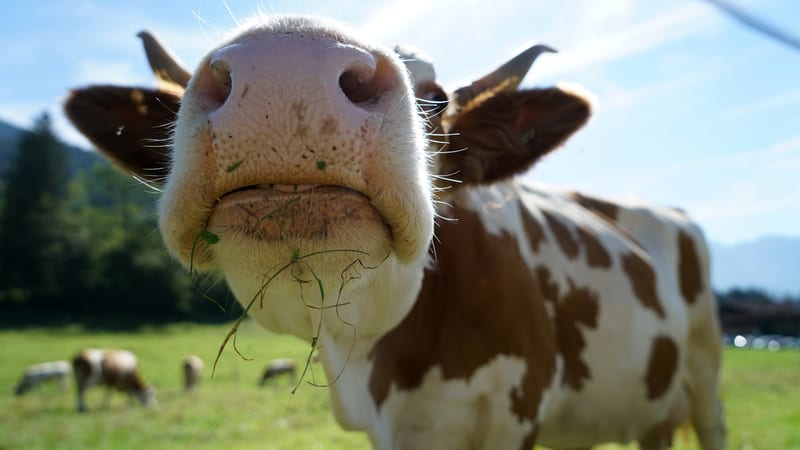Health: Top Vegetarian Protein Sources
High-protein ... meat-free

Protein is a key nutrient for growing and maintaining muscle and keeping skin and hair strong and healthy. It also helps keep you full. These vegetarian foods make it easy to get your protein fill – whether you’re vegan or vegetarian or just want to eat less meat and more plants.
1. Greek yogurt
With a whopping 23 grams of protein per cup, Greek yogurt is delicious in smoothies, layered with fruit and granola as a parfait, or as a sour cream substitute in tacos or dips. Bonus: It delivers calcium and gut-healthy probiotics, as well. Choose plain yogurt over flavored varieties to avoid extra sugar.
2. Lentils
Lentils are a protein powerhouse. An excellent vegan protein, 1/2 cup of cooked lentils provides at least 8 grams of fiber. Fiber is good for your heart, helps keep you full and can help keep your weight in check.
3. Chia seeds
These little seeds are nutrient dense. They deliver protein, fiber and omega-3 fats. You can blend them into smoothies, make chia-seed jam and bake with them. One tablespoon of chia seeds contains 3 grams of protein.
4. Quinoa
Quinoa is unique among plant proteins because it contains all nine essential amino acids – making it a complete protein. In addition to 8 grams of protein, a cup of cooked quinoa also contains 5 grams of fiber. Quinoa is rich in magnesium, phosphorus, manganese, zinc, iron, thiamine and folate. It’s also gluten-free.
5. Cottage cheese
Cottage cheese is making a comeback, with 14 grams of protein per 1/2 cup. Try it as a savory dip or sweeten it with fruit. Cottage cheese is a little higher in sodium than Greek yogurt, so keep that in mind if you’re watching your salt intake.
6. Beans
Like lentils, beans such as chickpeas and black beans deliver fiber (a nutrient most of us don’t get enough of). They’re also an inexpensive and easy way to add protein (8 grams per 1/2 cup) to dips, tacos, salads and soups.
7. Edamame
Edamame are green soybeans. You’ll find them at sushi restaurants and in the freezer section at most grocery stores. Buy them shelled and frozen, and thaw them before adding to salads, stir-fries and grain bowls. They contain 5 grams of protein per 1/4 cup (shelled).
8. Green peas
Most people don’t think of peas as a protein source, but they are, with 8 grams of protein per cup. Green peas are delicious as a side dish or added to soups or salads.
9. Peanut butter
Peanuts are full of fiber, fat and protein (7 grams per 2 tablespoons). That winning combination helps keep you full. Try peanut butter on toast, blended into smoothies or in a peanut sauce for savory dishes.
10. Almonds
Like peanuts, almonds offer the super-filling trifecta of fat, fiber and protein (6 grams per ounce). They’re a great vegetarian option to keep hunger at bay. Try them as almond butter, grab a handful for a snack or sprinkle them on salads for a protein boost.
11. Eggs
Eggs once had a bad reputation because they’re high in cholesterol (but, it turns out, eating cholesterol doesn’t raise your cholesterol). Each large egg packs 6 grams of protein. You don’t need to opt for just the whites – the yolks are also nutrient-rich, delivering protein, vitamins and antioxidants.
EatingWell is a magazine and website devoted to healthy eating as a way of life. Online at www.eatingwell.com.

